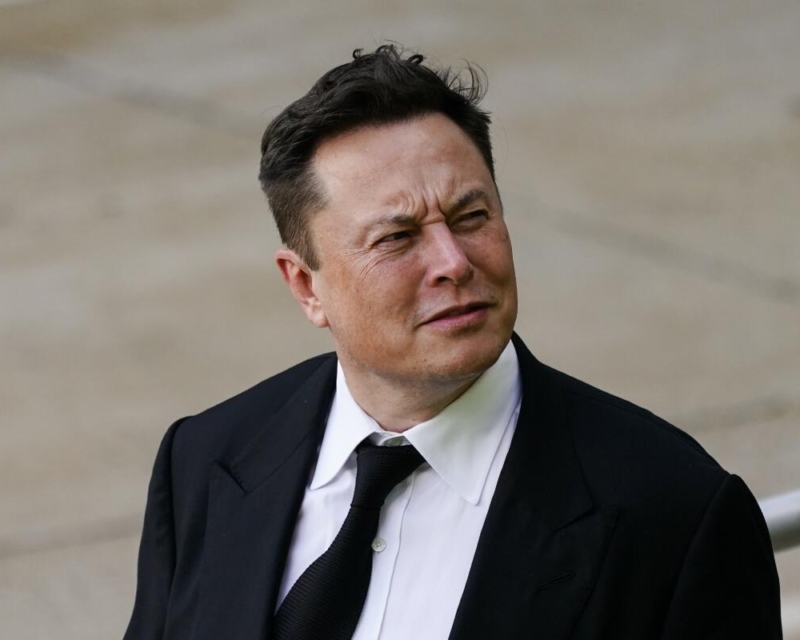Trump and Musk Discuss Energy Policy and National Debt in Candid X Interview
In a highly anticipated event on Monday, former President Donald Trump sat down with billionaire entrepreneur Elon Musk for an interview on X, the social media platform formerly known as Twitter. The conversation, which touched on a range of topics from energy policy to the national debt, was delayed by technical issues but eventually delivered a blend of policy discussion and personal anecdotes.
Musk, who has recently shown public support for Trump, framed the event as more of a dialogue than a traditional interview. The conversation kicked off with Trump reflecting on the aftermath of the July 21 assassination attempt, where he was shot in the ear. Trump recounted the experience, describing it as a pivotal moment that has further galvanized his political resolve.
The discussion then shifted to the current state of the U.S.-Mexico border under the Biden-Harris administration. Trump was quick to criticize what he sees as a failure to control illegal immigration, citing the rise in border crossings as a direct consequence of what he called the administration’s “open border” policies. He contrasted this with his own tenure, during which he claimed to have implemented stricter border controls and a more robust immigration system.
Energy policy was another significant topic, with Trump taking aim at President Biden’s decision to block the Keystone XL pipeline. Trump argued that the pipeline would have been a critical infrastructure project, boosting energy independence and creating jobs. He framed the decision as emblematic of the Biden administration’s broader approach to energy, which he believes has been detrimental to American interests.
Musk, who has his own vested interests in energy through his companies Tesla and SpaceX, appeared to share some of Trump’s concerns, particularly around energy independence and innovation. However, the conversation remained civil, with Musk steering clear of overt political grandstanding and instead focusing on the practical implications of energy policies on the economy and national security.
The interview, while not without its technical hiccups, provided a rare glimpse into the intersection of business and politics, with two of the most influential figures in their respective fields discussing the future of the United States. Whether this dialogue will have a lasting impact on the political landscape remains to be seen, but it undoubtedly set the stage for future conversations between business leaders and politicians in the lead-up to the 2024 election.






